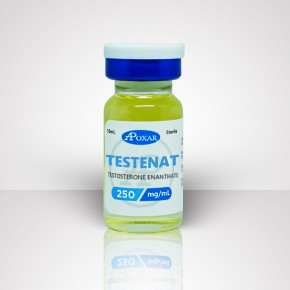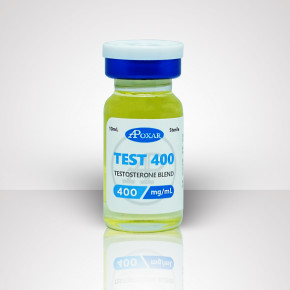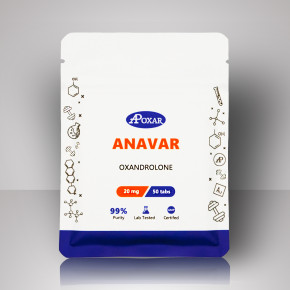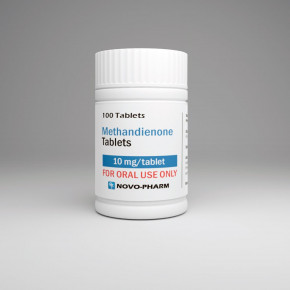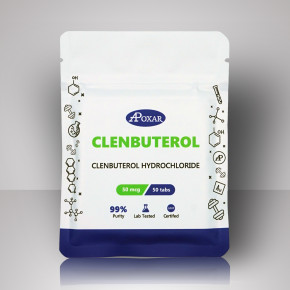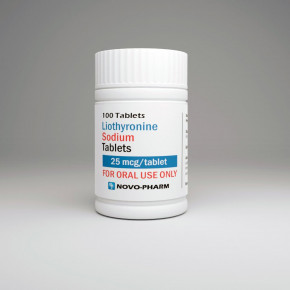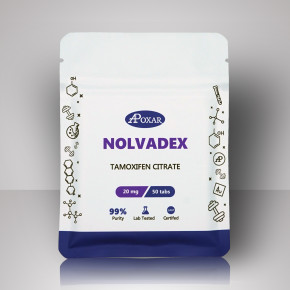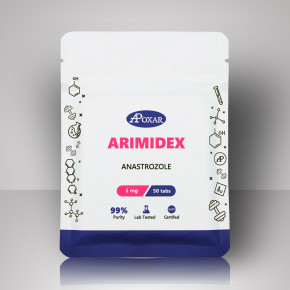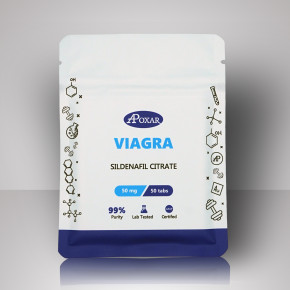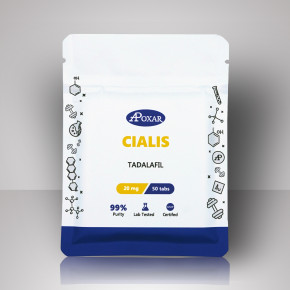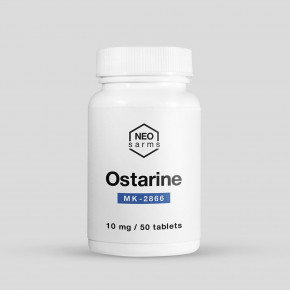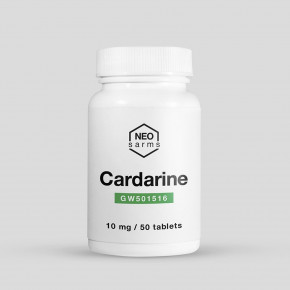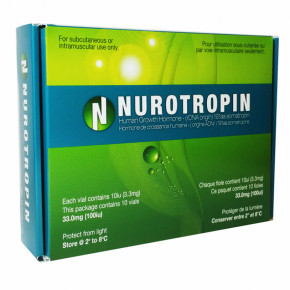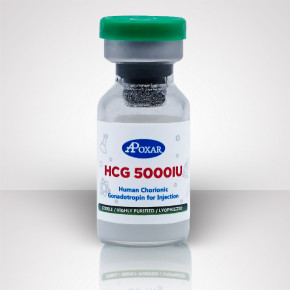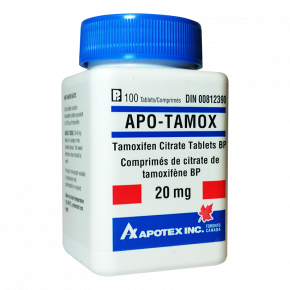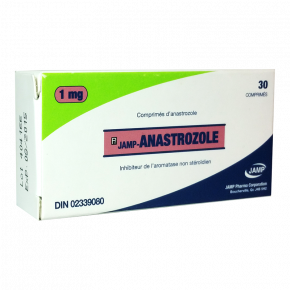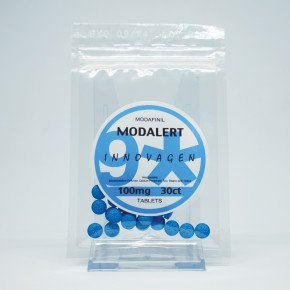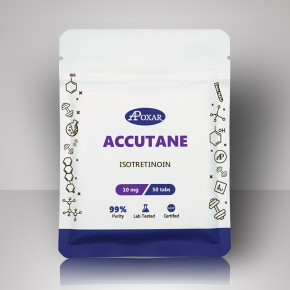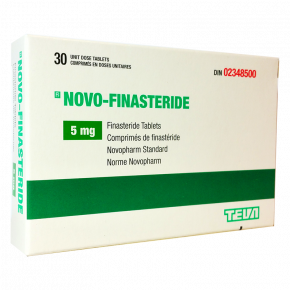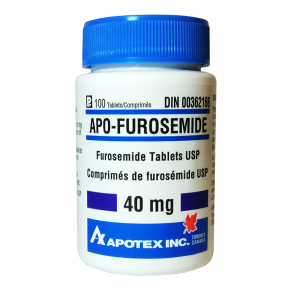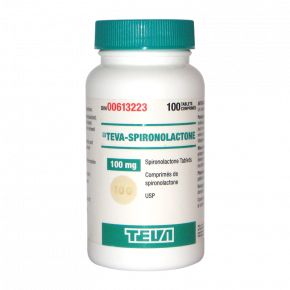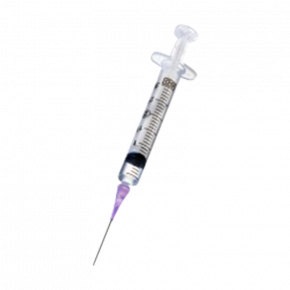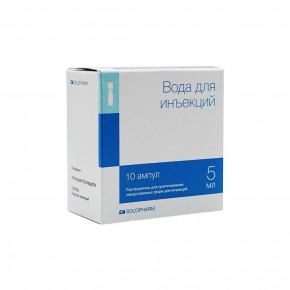 Free delivery for orders over $400
Free delivery for orders over $400B12 Vitamin General Description
B12 Vitamin consists of cobalamin and active cobalt-containing substances that belong to the vitamin group. The organic components of the drug include:
- Methylcobalamin.
- Cyanocobalamin.
- Hydroxycobalamin.
- Deoxyadenosyl cobalamin.
These substances are known as B12 Vitamin. When in the body, these component stimulate blood formation processes. This is called the Castle factor.
The compounds are produced by archaea and bacteria under the influence of the natural environment. The human body contains several types of enzymes – methyltransferase and L-methylmalonil.
B12 produces several reactions:
- It stabilizes and accelerates the transfer and substitution of atoms.
- It transports and replaces molecules.
Cobalt-containing components have a cyclic and complex structure. They are quickly broken down, but excreted in small quantities.
The decomposition of cobalamin is carried out in the liver and it then becomes part of the bile, after which the substance enters the intestine and blood, being absorbed by the body further. Studies have found that the complete excretion of B12 from the human body occurs after 1.5 years. The vitamin is best absorbed in injectable form.
The liquid form of B12 Vitamin has a pink translucent shade. The substance binds well with the proteins that are found in blood plasma.
Athletes involved in heavy sports may find B12 of particular value, since it plays a huge part in the formation of protein, a deficiency of which leads to disturbances in the structure of muscle tissue and other adverse processes.
B12 Vitamin is not produced in plant and animal organisms and is the only component that is synthesized by microorganisms. Therefore, it is possible to replenish the amount of cobalamin in the body only by using this drug or produce like lamb, pork liver, beef, chicken eggs, shrimp, milk, mussels, mackerel and cottage cheese.
B12 Vitamin Benefits
In bodybuilding, cobalamin is considered a potent organic compound, which, if used correctly, results in such positive effects as:
- Improved quality of the formation of protein synthesis.
- Increased red blood cell production.
- The formation of creatine and myelin, necessary for creating the electro insulating sheath of nerve fibers.
- Maintained level of enzymes in the body, on which vital functions highly depend.
- Enhanced stamina and performance.
- Normalized function of the nervous system.
- Improved movement coordination.
- Balanced carbohydrate metabolism.
- Accelerated growth of muscle tissue.
- Improved condition of bone marrow.
- Normalized function of all internal organs.
- Improved blood coagulation.
- Healthier appetite.
The use of B12 Vitamin allows bodybuilders to achieve their goals in a short time without harming their bodies.
B12 Vitamin Possible Side Effects
B12 Vitamin should not be used for athletes suffering from: hypersensitivity to the components of the drug, erythremia, erythrocytosis. During pregnancy and lactation, as well as in cases of angina pectoris and a tendency to thrombosis, B12 is prescribed in strict dosages only and used under the supervision of a doctor. An overdose of B12 does not cause side effects and does not provoke the development of complications and pathologies. A deficiency of vitamin B12 may lead to the development of gastritis, parasitosis, anemia and funicular myelosis.
B12 Vitamin Administration and Dosage
The drug comes with an instruction manual which clearly prescribes dosages without taking into account the weight, gender, height and physical activity of the user. Therefore, the dose is calculated for each athlete individually, based on the indicated parameters. The recommended daily dosage for an average person is at 1-3 micrograms, for bodybuilders it’s 5-20 micrograms. If the athlete engages in increased physical activity, the dosage may be increased up to 10-50 micrograms per day.
Usage for treatment:
- Anemia – B12 Vitamin is administered once every two days at 30-200 mcg.
- Funicular myelosis – 400-500 micrograms daily for 7 days; an interval of 5 days should see the intake of folic acid.
- If any neurological symptoms are detected, the drug is prescribed twice a month in a single dosage of 200-400 mcg.
- As a supporting drug for remission, B12 is used at 100 mcg twice a month.
The treatment of other types of diseases should employ using B12 Vitamin at 15-500 mcg once a day for 1 to 45 days.
Before taking the drug, users need to determine whether their bodies have a sufficient amount of the vitamin. B12 deficiency may be educed by the following symptoms:
- Anemia caused by decreased production of blood cells.
- Weakness.
- Numbness in the legs, arms.
- Fatigue.
- Reduced appetite.
- Drowsiness.
- Abrupt mood swings.
- Forgetfulness.
- Depression.
If athletes exhibit one or more of the above symptoms, they need to start using B12. Treatment lasts from 10 to 15 days. The drug is taken once a day at the prescribed dosage.
Regardless if the drug will be used in injectable or tablet form, its effect on the body is the same. However, if the athlete is deficient in the vitamin, injection is preferred for accelerated effects. It is worth noting that vitamin C suppresses the absorption of B12, therefore while using the drug nutrition should be reviewed and the amount of foods rich in vitamin C should be reduced.
Additionally, some AAS can influence the digestibility of B12, which is why the vitamin intake cycle is prescribed after completing a steroid cycle and PCT.
Using B12 Vitamin is a must for bodybuilders due to the use of all the body's resources during intense training. B12 allows not only restoring the athlete's vitality, but also stimulating the growth of muscle fibers by influencing protein balance, which has a beneficial effect on reaching the desired athletic performance.

